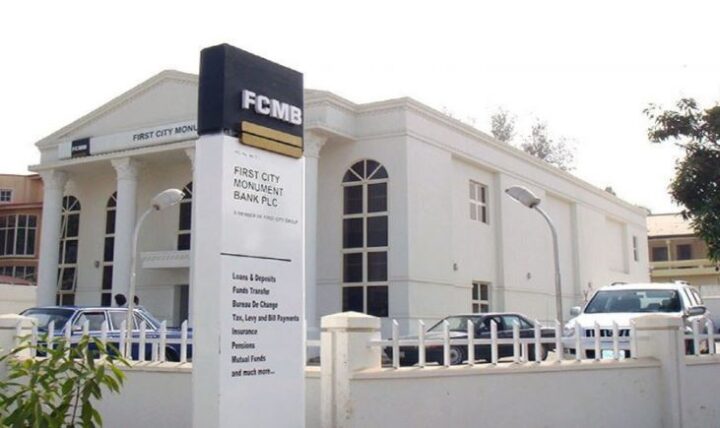NDIC: Epitome of public institutional excellence

For many years before the establishment of the NDIC, Nigeria’s financial system was rendered vulnerable, leaving uninsured depositors’ funds irrecoverable after failure of deposit money banks and other financial institutions. This eroded both investor and depositor confidence in the financial system and the case was often that, when one bank failed, it triggered a situation of “bank run” on others that were suspected to be weak, resulting in serious financial crises of enormous proportions. To stabilize Nigeria’s banking and finance eco-system and standardise it along international best practices, the NDIC had to be established to provide adequate guarantee and safeguard against depositors’ loses when banks fail, in order to restore both investors’ and depositors’ confidence in the financial system. And so far so good, the NDIC has not only lived up to this expectation but has also set the pace in deposit insurance management for the rest of the African continent to follow.
Apart from the fact that through its supervisory role, the NDIC has been able to take pro-active measures to minimize risk of failure in the financial system, which has resulted in a drastic reduction in cases of bank failure in Nigeria, the fulfilment of its most important responsibility of paying out depositors’ insured funds in rare cases where banks have failed has been prompt and comprehensive. The recent case of the failed Heritage Bank is a clear indication of the public institutional excellence that the NDIC has come to epitomize.
In June 2024, the CBN revoked the operational license of Heritage Bank, a Nigerian bank that had been on the brink of collapse for some time as they had not been able to meet up with depositors’ financial needs. Subsequently, the CBN appointed the NDIC as the liquidator of Heritage Bank. Even though the law stipulates a maximum of one month for the commencement of payments of insured deposits of N5 million or below to depositors, the NDIC was able to commence full payment of this category of depositors within four days. And within a fortnight all unencumbered and insured depositors’ funds were repaid in full by the NDIC. This represents far above the majority of the customers of Heritage Bank, who have been saved the financial trauma of lost funds.
In line with the establishment Act of the NDIC, the maximum insured deposit limit is set at N5 million and repayable from the insurance premium paid by deposit money banks on depositors’ funds, but for deposits above N5 million that are uninsured, NDIC will source repayment to depositors from proceeds of liquidation of the failed bank’s assets, recovered loans and such other obligations as may be due to it. But despite the difficulty and challenges of liquidating the assets of a failed bank in Nigeria, the NDIC, in less than one year, has been able to mop up N46.6 billion to commence payment to depositors above the insured limits of N5 million. Known as liquidation dividend, this initial payment of N46.6 billion represents 9.2 kobo per naira of outstanding uninsured depositor’s funds exceeding the N5 million insured limit. And a second tranche of payment is due any moment from now.
The successful management of the process of resolving the financial affairs of the failed Heritage Bank and paying out of its depositors’ funds is a demonstration of the institutional and corporate excellence that is the NDIC. The Nigeria Deposit Insurance Corporation has clearly demonstrated that government institutions can function efficiently and professionally while delivering optimal result on their core mandate. All it requires is the internalization of integrity and enthronement of the highest standards of corporate governance code in the discharge of their mandates.












